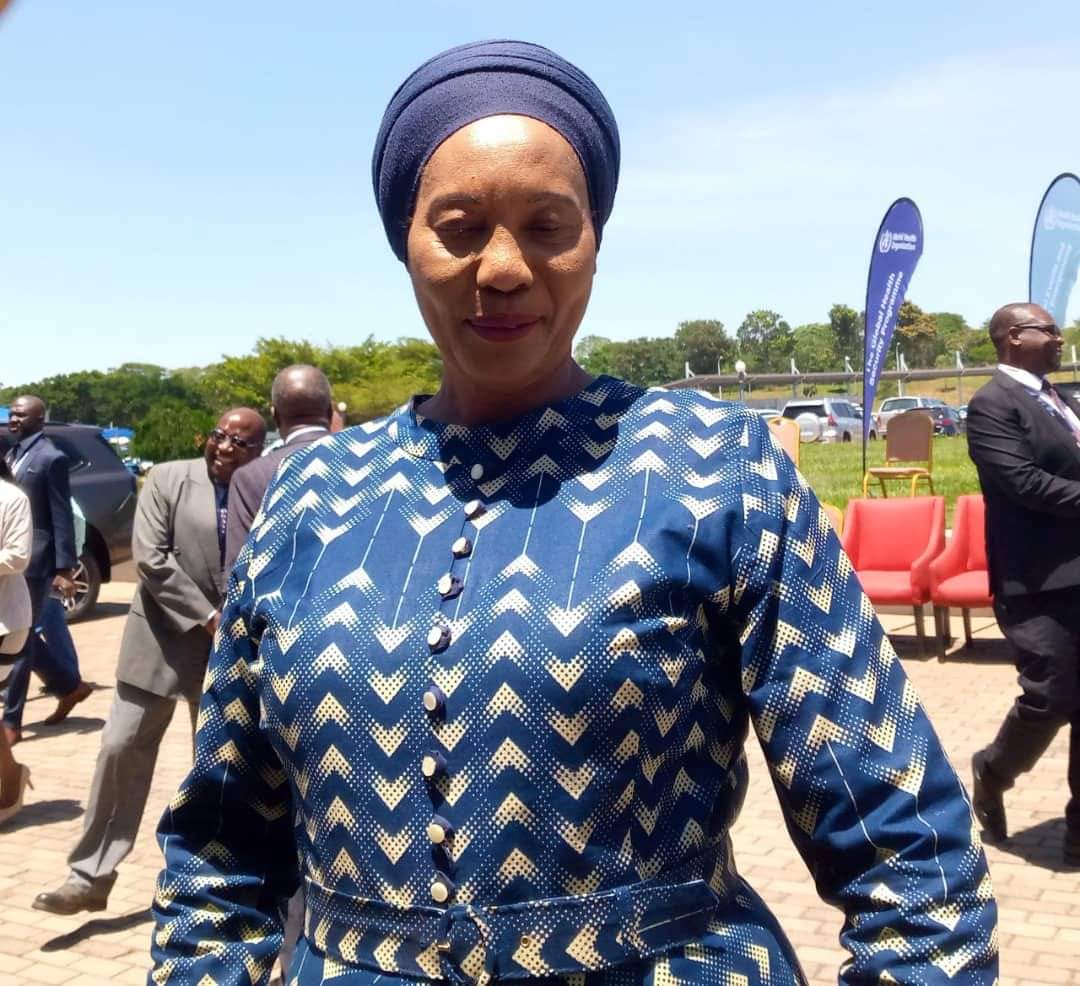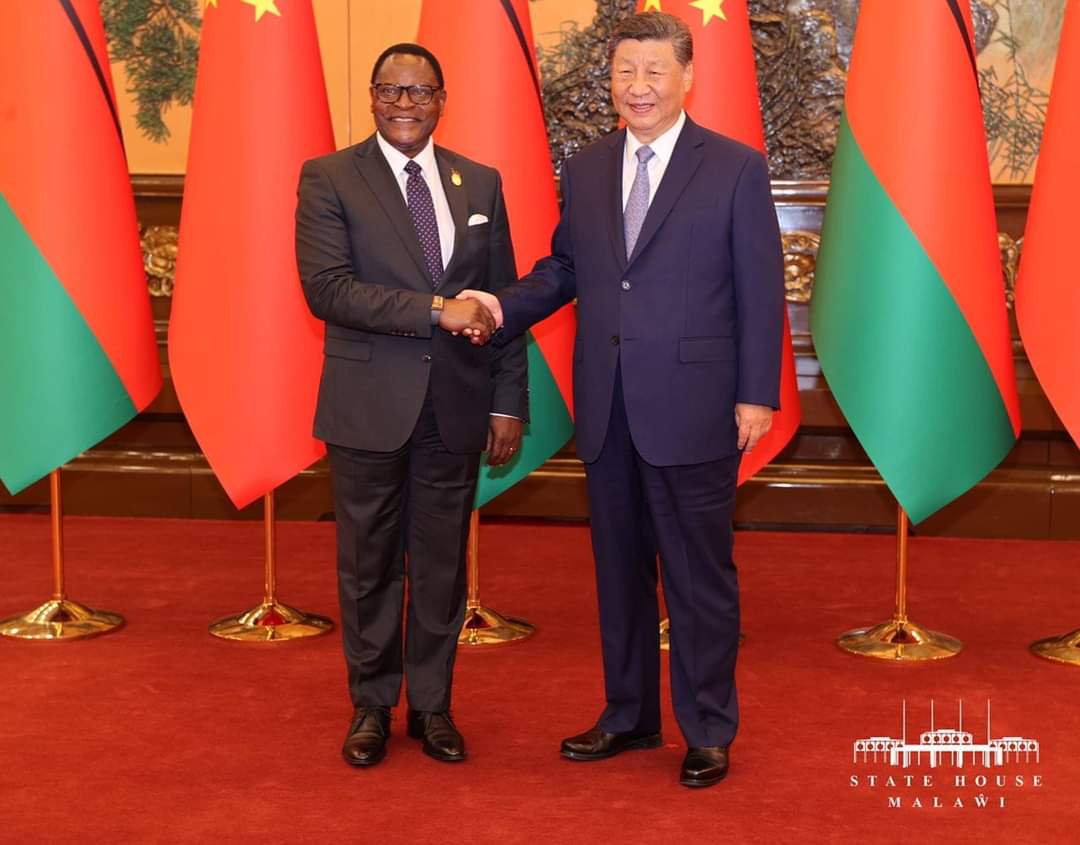By Burnett Munthali
Malawi has officially commenced its second Joint External Evaluation (JEE) to assess public health capacities under the International Health Regulations (IHR). The five-day exercise, running from Monday to Friday, brings together national and international health experts to evaluate gaps and strengthen the country’s preparedness and response to health emergencies.
Speaking at the opening ceremony, Deputy Minister of Health Halima Daud highlighted the significance of the evaluation in shaping Malawi’s health system. “We need to know exactly where we are,” she emphasized, noting that the findings will guide resource allocation and strategic decision-making to bolster health security.
Dr. Issa Makumbi, the JEE Team Lead, commended Malawi’s leadership for prioritizing the evaluation. He noted that this exercise offers an opportunity to address vulnerabilities exposed by recent health emergencies such as COVID-19, Cyclone Freddy, and recurring cholera outbreaks.
“This evaluation is essential not just for assessing our current state but for building on the progress since 2019, when significant gaps were identified in 24 of 48 indicators,” Dr. Makumbi said.
The findings of this evaluation will play a pivotal role in shaping Malawi’s National Action Plan for Health Security (NAPHS) for the next five years. This roadmap aims to ensure targeted interventions that enhance the country’s ability to prevent, detect, and respond to health emergencies effectively.
As the JEE unfolds, stakeholders remain optimistic about its potential to address critical gaps, ensuring a resilient and responsive health system that can safeguard the well-being of Malawians.




